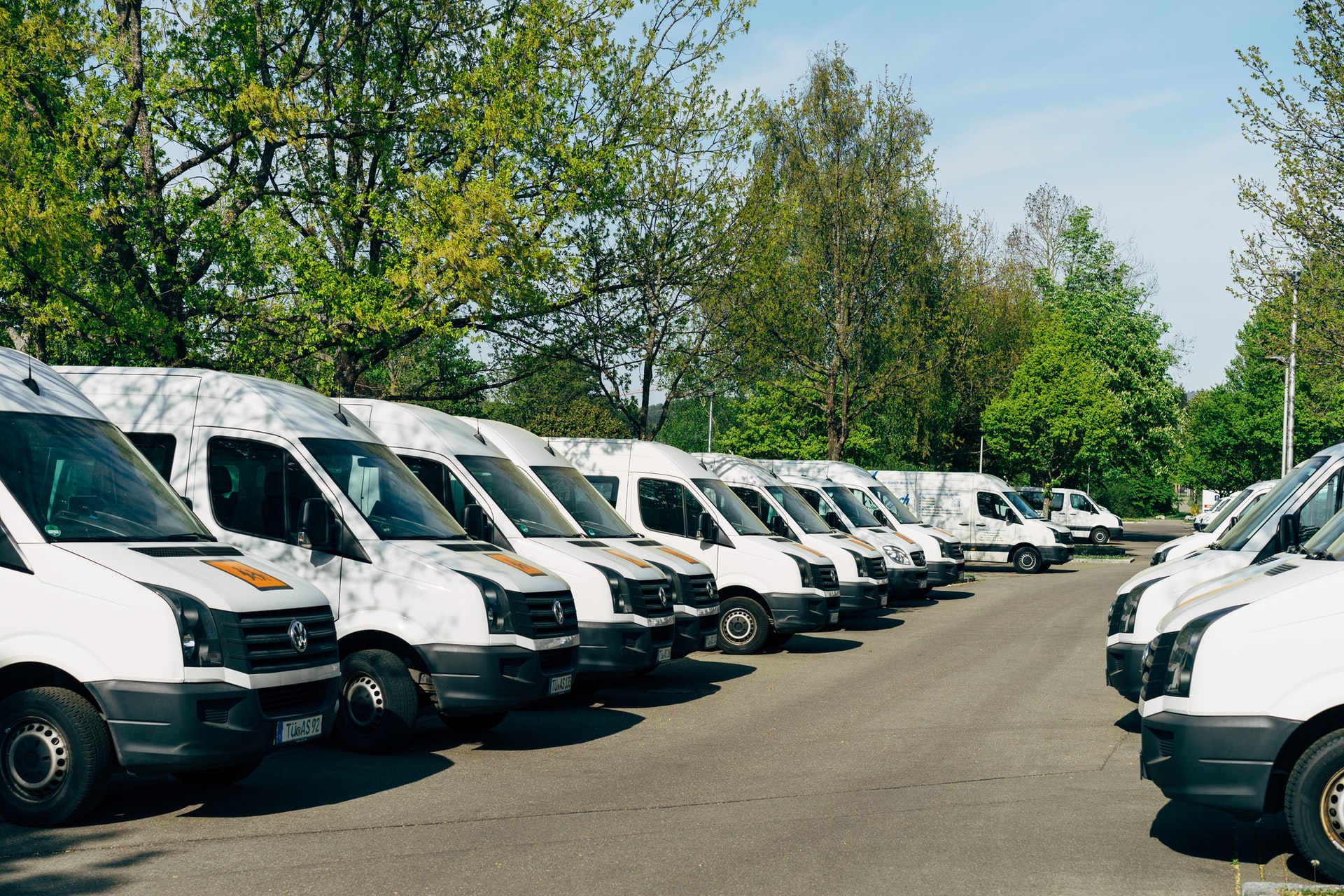Apart from drivers and vehicles, fuel is among the biggest costs for fleets. Affected by factors beyond your control like economic and political forces, fuel expenditures are also among the most variable costs. They can fluctuate quickly and convert your profits into losses.
The question on the lips of fleet managers and business owners, therefore, is how to manage and reduce the cost of fuel for your fleet.
The first thing you want to do is assess your vehicles and the fuel they use. Use fleet fuel cards to monitor consumption. A fuel card will also enable you to know the vehicle that has the best fuel economy for which job. Below are some of the considerations to make when shopping for a fuel card.
IMAGE: UNSPLASH
Consider Your Vehicle And Engine Options
Before concluding the best fuel card for your business, you need to ask yourself some questions. The following should guide you:
Who will drive the vehicles and will it require carrying any products, supplies, or equipment?
- Will the car be used all day, every day, or infrequently?
- How can you monitor fuel purchases and usage to analyze performance and consumption?
- Where will the vehicle operate? Will it be driven over long distances or on short routes?
- Where is the location of the fuel station?
- Will the car require making stop/start journeys? If so, how frequently?
Once you manage to answer these questions, you will be in a better position to choose the vehicle that best fits your fleet by fuel choice and also how best to purchase fuel.
How Can You Manage Fuel Consumption Effectively?
Fuel consumption and cost management should not be a complex undertaking. One of the best ways of taming your fuel consumption is by switching to commercial fuel cards. Doing this will bring several benefits to your business.
Fuel cards can:
- Give you precise and traceable purchases records
- Track fuel consumption by requiring that drivers enter odometer readings each time they fill up
- They can be set to certain fueling frequency and purchase location limits.
- They require drivers to provide authentication, ensuring that only authorized company staff can purchase fuel by company cards.
- Fuel cards are the best tools for preventing fuel fraud.
Using fuel and fleet software to manage fuel cards gives you a better understanding of how to track fuel consumption and purchases. These systems enable the automation of fuel purchase analysis and reporting, which in turn helps control costs, reduce error-prone and time-consuming administrative processes, and eliminate fraud.
How Do I Find The Right Fuel Card?
Fuel cards come in several types, and each one promises attractive features. Before settling down on a particular card, you need to consider certain factors first.
For example, you can set your fuel cards to be used only at select vendor facilities or chains in certain parts of the country. Think about the territory you are operating atzaL and list down the approved fuel pumps stations for your fuel card. This ensures you maximize driver access. The time and miles you drive looking for a specific pump may be costing your fleet and eat into any cost savings you make. If the locations of the fuel card prove to be a concern, you may want to use a card that is universally accepted.
What Are The Benefits Of Fuel Cards?
Fuel cards have several benefits, and one of these is the savings you make at the pump. When you use a fuel card to pay for fuel, you won’t have to pay the price indicated at the pump.
Some vendors and fuel cards allow volume-based pricing, which gives you discounts for brand loyalty. Similarly, other cards allow you to pay lower rates per gallon if you pay promptly. Whatever the case, the savings you will make will outweigh the cost in both cases.
It is advisable to evaluate all the features that a card offers before you make a decision. And after choosing a fuel card, make sure you integrate your card’s system with your fleet management system to help you keep track of data on past and present fuel spending by vendor, facility, region, company, and asset. This enables you to determine additional savings through such reporting structures.
Fuel Cards Make Managing Your Business Fuel Simple
You can think of a fuel card as a credit card that enables you to not only pay for fuel easily but also keep track of the fuel purchases for your business.
It is usually linked to an account, similarly to a credit card. After filling up, you only have to swipe a card and they will charge the cost of fuel to your account. Thereafter, the amount owing will be deducted from your linked credit card or bank account.
The fuel card itemizes and records every purchase on one tax statement, eliminating the need to track fuel receipts. Also, most fuel cards offer savings and discounts that make them a fantastic value and also convenient.
What Are My Options For Fuel Cards?
There are lots of fuel card programs in the market that if we started to list, we would not remember all of them. The majority of the top oil companies have branded cards that integrate one kind of management reporting or another.
Greater Control Over Fuel Expenses
Most fuel cards allow you to access your accounts online, which is critical in helping you to manage your cards. This enables you to set up reporting systems, manage your cards, check transactions in real-time, and even download statements.
You also set what drivers can pay for with their fuel cards. It enables you to monitor your expenses and even allow you to set alerts when irregular transactions are made.
Conclusion
Fuel cards help you to reign in on your fuel expenditures in several ways. By providing real-time access to your purchasing data, fuel cards allow you to analyze your purchases and consumption by vendor, vehicle, or driver. They also minimize tour workload as they cut off administrative tasks.
IMAGE: UNSPLASH
If you are interested in even more business-related articles and information from us here at Bit Rebels, then we have a lot to choose from.


COMMENTS